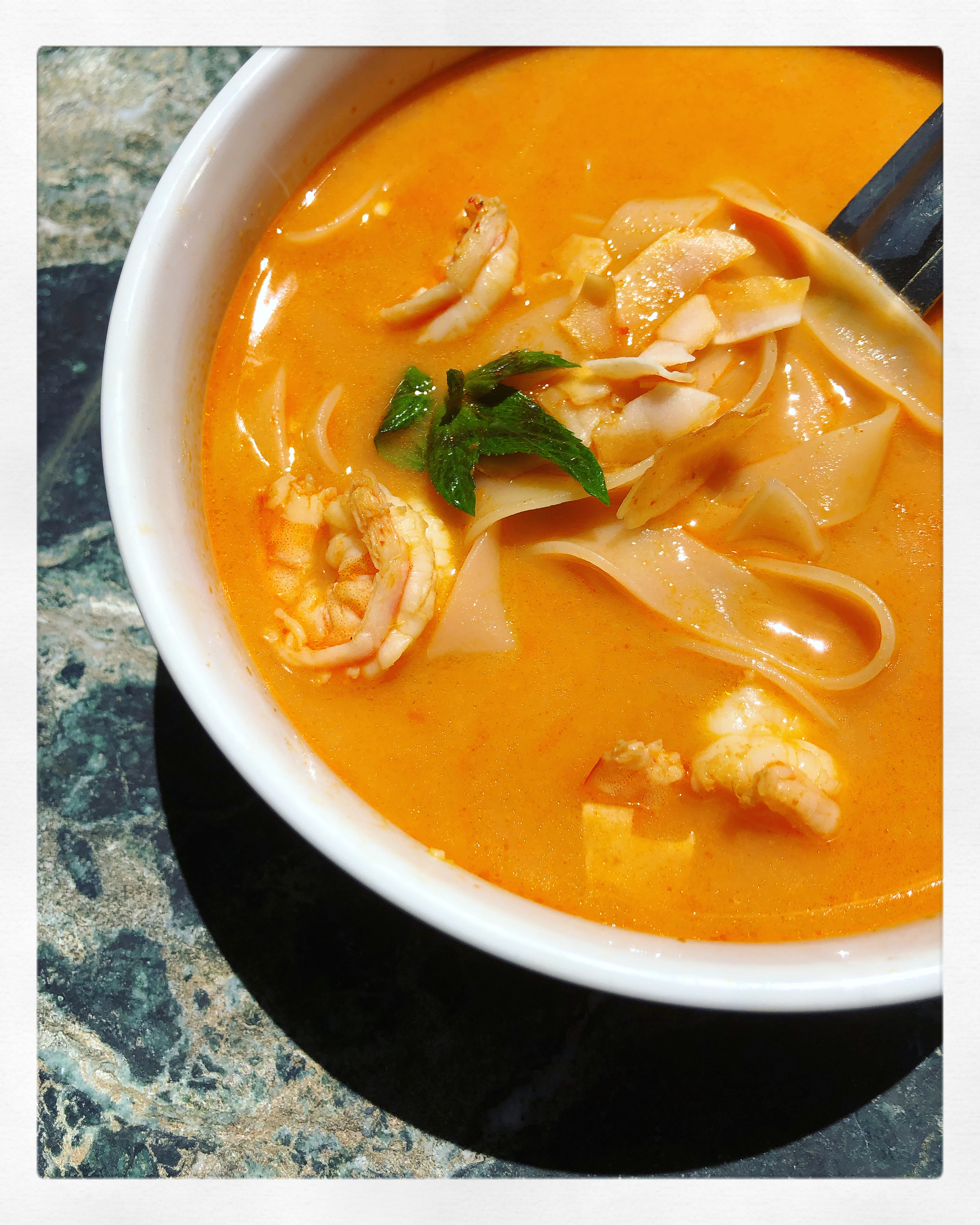Weeks Three and Four
In weeks three and four of my internship I continued to work on Pinkcollar’s termination procedures. Its been so interesting and challenging to find the gaps in employment law and figure out how to fill them with contract law. I have also written two short articles for “Pinkcollar Answers,” one of the agency’s online resources that answers questions frequently asked by employers and workers. One article explained the accommodations an employer should provide for their live-in worker, while the other was on traveling with a domestic worker.
I’ve also had the opportunity recently to reflect on the role of social media in ethical recruitment and employment. My supervisor Elaine pointed me to the Facebook Page “Maids in Malaysia” where employers can post their experiences and questions about hiring domestic workers. The page was particularly educational because it helped me understand Malaysian employers’ prevailing cultural beliefs and concerns about domestic workers. Understanding the employers’ motivations helps me to write to them as an audience more effectively.
Elaine also shared how Pinkcollar uses Facebook advertisements and online applications for outreach in the Philippines. Traditionally, employment agencies send recruitment agents to find women for positions, but these agents could be exploitative. Additionally, the cost to bring a worker to Malaysia is so high that the employer and worker often felt stuck in the employment relationship even if it was a poor match. Pinkcollar’s methods eliminate exploitation, minimize the cost of recruitment, and ensure that the employer, employment agency, and domestic worker can communicate remotely to find a good employment match before travel.
In addition, I tuned in for a Facebook Live event hosted by Growth Malaysia titled “Post COVID Workforce: Foreign VS Local, Humans VS Machines” with Dato’ Foo Yong Hui, President of the Malaysian Employment Agencies Association, and Datuk Michael Kang, National President of Small and Medium Enterprises Association of Malaysia. My takeaway from the conversation was the speakers’ belief that Malaysia needs to be less reliant on foreign workers and invest in automation. I also learned a new Malaysian term! The moderator referred to younger workers as “Strawberry Babies.” I did a little googling and found that Strawberry Babies refers to people born in the “Strawberry Generation” a term used in Southeast Asia by some in the baby boomer generation to refer to millennials who they consider soft and easy to bruise, like strawberries. It’s analogous to the American term “Snowflakes” and “Snowflake Generation.” I shared this comparison with Elaine and we had a laugh, realizing that tension between generations is apparently a cross-cultural phenomenon.
Lastly, I got my bi-monthly dose of culture in the form of homemade shrimp laksa and Netflix. Shrimp laksa is a spicy coconut noodle soup comprised of coconut milk, chicken broth, laksa curry paste, shrimp, and rice noodles and topped with your choice of lime, mint, cilantro, bean sprouts, and fried shallots. The coconut milk balances out the curry for a brilliantly rich and spicy broth. However, Elaine later told me that there is a diverse and highly competitive range of laksa recipes and the one I tried was actually more common in Singapore than Malaysia (oops). While I enjoyed my delicious, albeit impostor, laksa, I put on Hantu Kak Limah, one of a handful of Malaysian movies available on Netflix with English subtitles. The film is a horror comedy about a village plagued by the ghost of a recently deceased woman. As someone who loves a good scary movie it was so much fun to see the genre expressed in a different cultural context.

I am looking forward to continuing my work and tuning in for the next film on my list! But that will be for next week.